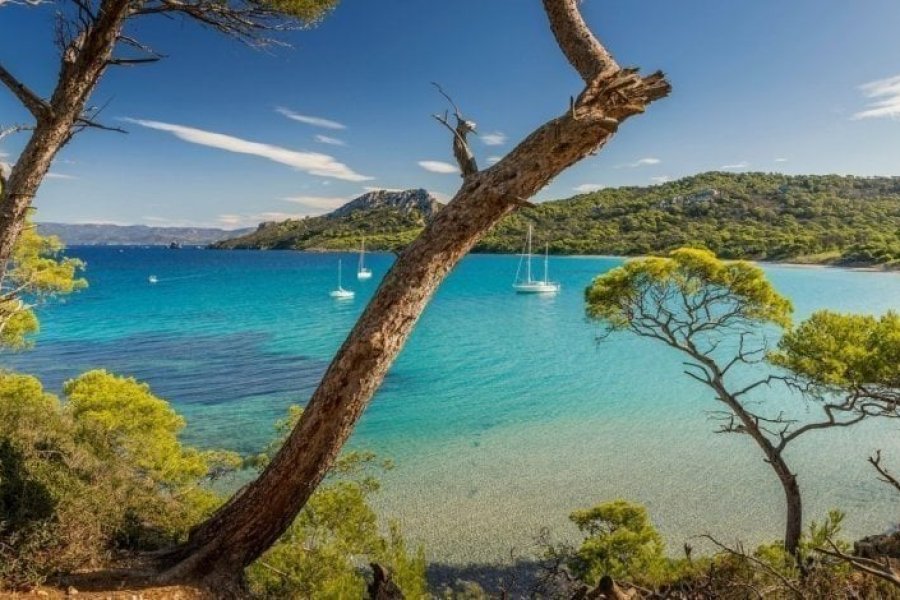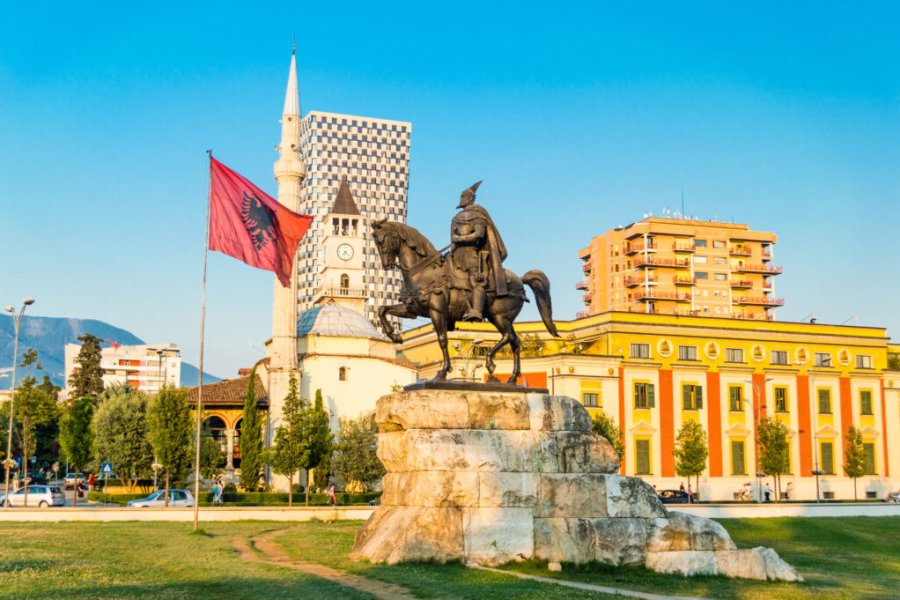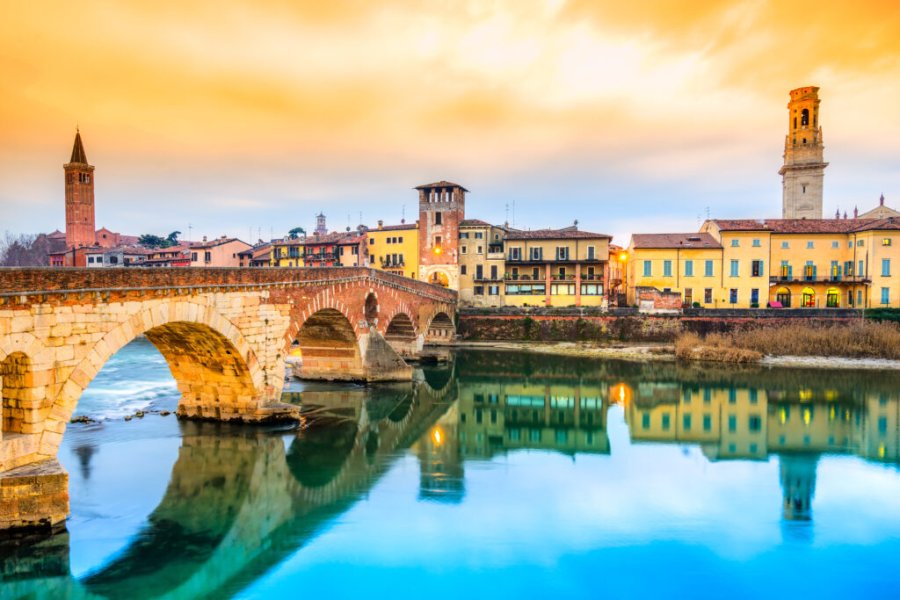Travel Guide Ayvalik - Kydoniai
Find an accommodation
Advertising
The city was founded on the site of the ancient Kydoniai (a name which, like Ayvalık, comes from the word quince) in the early 12th century by settlers from Lesbos. In the 19th century, Ayvalık was a prosperous commercial center, with beautiful mansions and factories. Olive plantations extend up to 30 km around, oil and soap are shipped to the West. The port welcomes 3,000 ships a year and exports goods. Unlike other multi-faith Ottoman cities, the prosperous city of Kydonies is inhabited almost exclusively by Greek Orthodox, who make their living from fishing, olive groves, soap factories and tanneries. In the 1920s, during the tragic exchange of populations between Greece and Turkey, the inhabitants of both countries had to be forcibly exiled, abandoning their homes "without having time to pick the fruits of the trees." The population of Ayvalık had to leave for Lesbos and Crete and was replaced by the Greek-speaking Muslims of these islands. The churches were transformed into mosques: Aghios Yannis (St. John), with its stopped clock, became Saatli Cami; Aghios Ghiorgos (St. George), a temple adorned with gold as well as an episcopal throne, became Çınarlı Camii. Ayvalık has kept the traces of its history and Greek presence. The beautiful houses of the old consulate quarter, the old Kanellos café turned into a restaurant and some factory buildings bear witness to the city's former glory. The old houses with their pastel colors, the traditional cafes where men smoke narghile, the street vendors selling almonds on crushed ice all contribute to create an atmosphere that will delight the traveler who is tired of the uniformity of tourist places.
What to visit Ayvalik - Kydoniai?
Advertising
Suggested addresses Ayvalik - Kydoniai
Weather at the moment
Advertising
Organize your trip with our partners Ayvalik - Kydoniai
Transportation
Book your plane tickets
Car Rental
Boat rental
Accommodation & stays
Find a hotel
Holiday rental
Find your campsite
Tailor-made trip
Immersion travel
Services / On site
Activities & visits
Find a doctor
Ayvalik - Kydoniai travel inspiration
Find unique Stay Offers with our Partners
Pictures and images Ayvalik - Kydoniai
There are currently no photos for this destination.
Other destinations nearby Ayvalik - Kydoniai
25 km away








